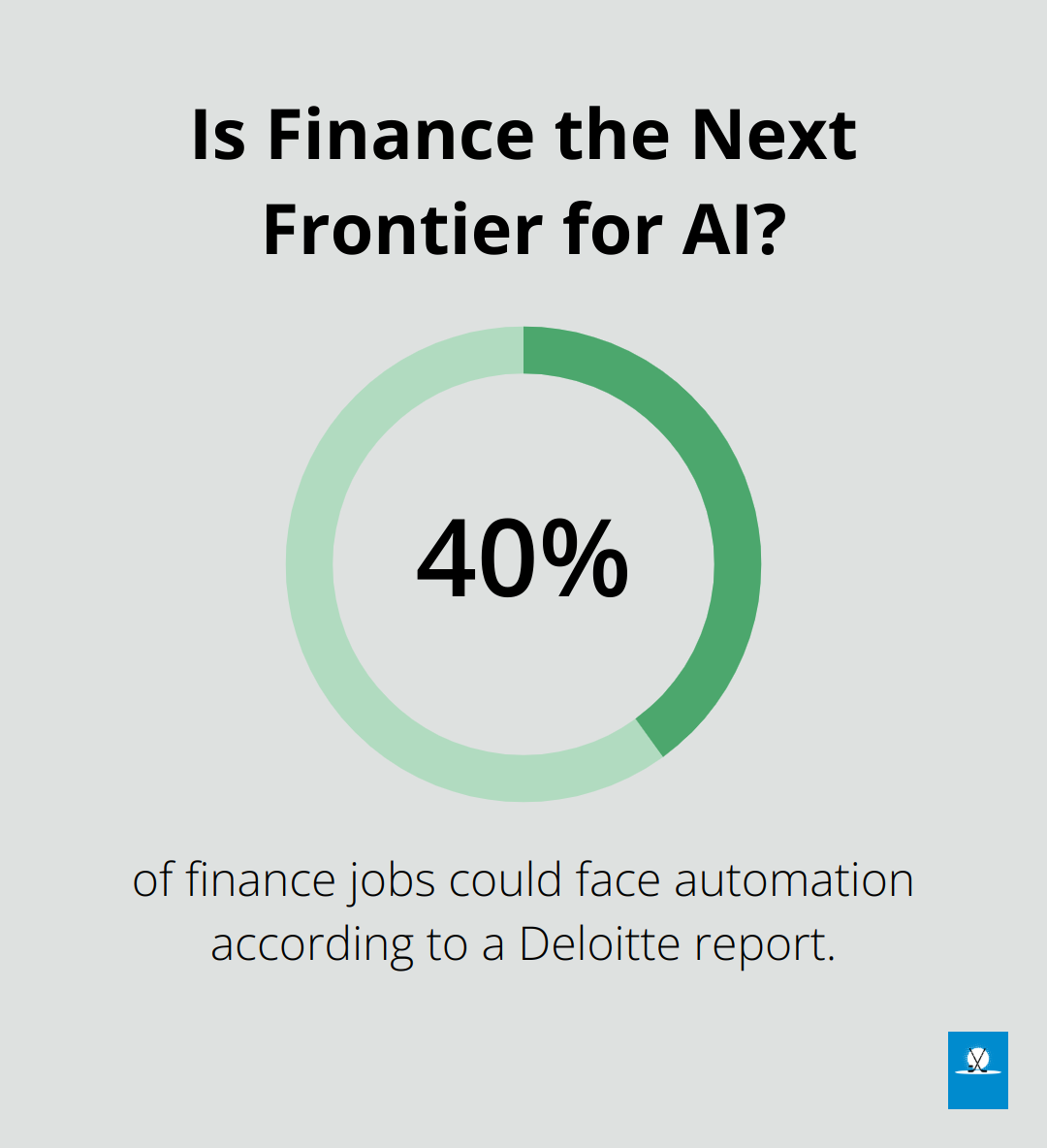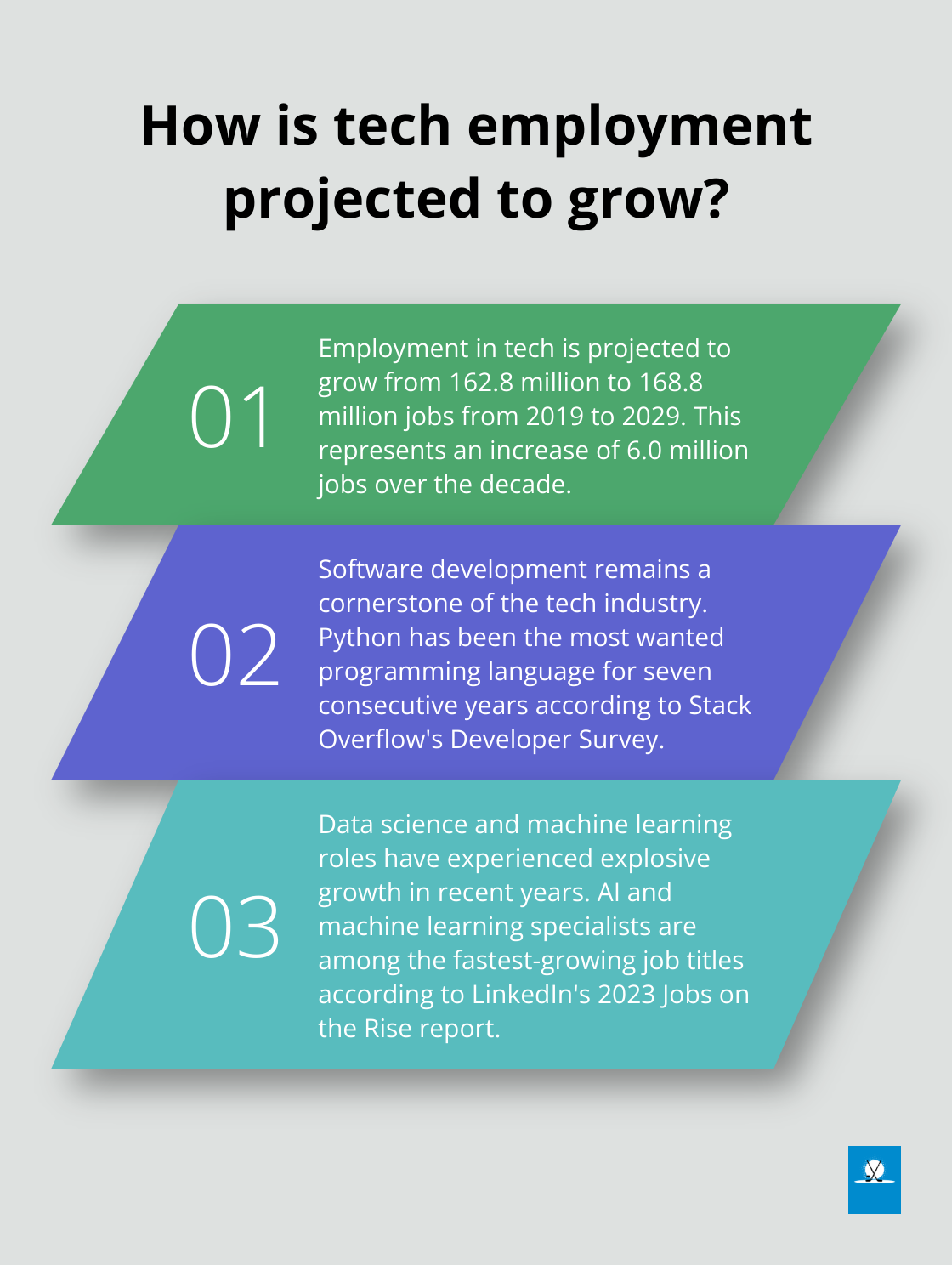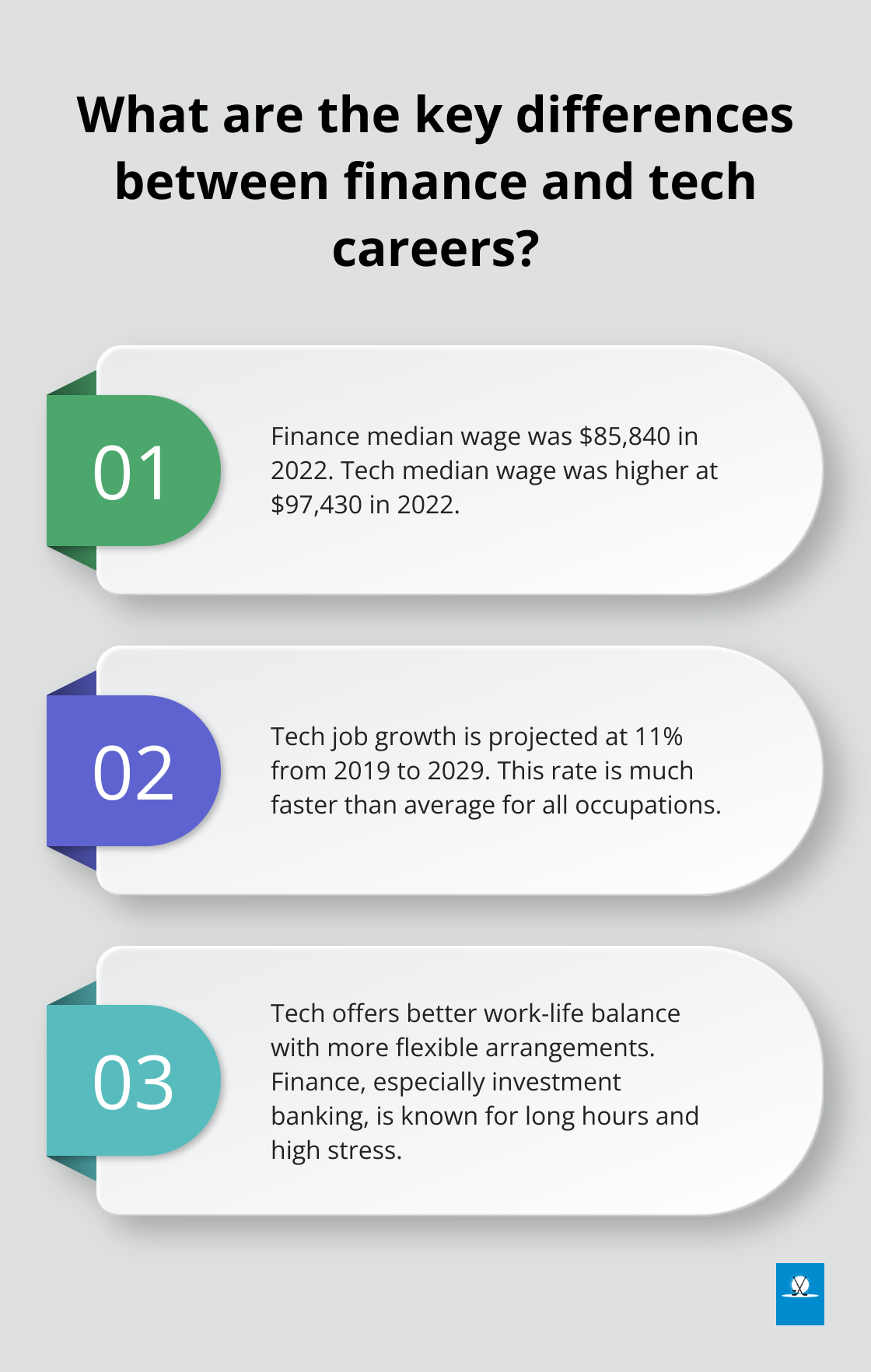At Pro Hockey Advisors, we often guide athletes considering career transitions. The finance vs tech career debate is a common topic among our clients.
Both fields offer exciting opportunities, but they differ significantly in their nature, requirements, and growth trajectories.
In this post, we’ll compare these two dynamic career paths to help you make an informed decision about your future.
What Does a Finance Career Look Like?
Traditional Finance Roles
The finance industry offers a diverse range of career paths, each with its own set of challenges and rewards. Traditional roles in finance include investment banking, financial analysis, and accounting. These positions involve market trend analysis, portfolio management, and financial advice provision to clients or companies.
The Evolution of Finance
The finance sector undergoes rapid transformation due to technological advancements. Fintech reshapes how financial services are delivered, creating new roles that blend finance and technology skills. A report by Deloitte suggests that about 40% of finance jobs could face automation, which leads to a shift in required skills.
Education and Certifications
A bachelor’s degree in finance, economics, or a related field typically serves as the minimum requirement for entry-level positions. Many finance professionals pursue advanced degrees (such as an MBA) to enhance their career prospects. Certifications like the Chartered Financial Analyst (CFA) or Certified Public Accountant (CPA) hold high value in the industry and can significantly boost earning potential.
The Tech-Driven Future of Finance
The finance industry increasingly integrates tech solutions, making knowledge of programming languages advantageous for finance professionals. Skills in data analysis and artificial intelligence become essential as the industry moves towards more data-driven decision-making processes.
Career Progression in Finance
The structured career path in finance, with clear progression opportunities from analyst to CFO, appeals to those who seek a defined trajectory for advancement. This structure allows professionals to set clear goals and work towards specific positions within the industry.

As we transition to exploring tech careers, it’s important to note that the lines between finance and technology continue to blur, creating exciting opportunities for those who can bridge both worlds.
What Does a Tech Career Look Like?
The Dynamic Tech Landscape
The technology sector evolves rapidly and constantly innovates. Employment is projected to grow from 162.8 million to 168.8 million over the 2019-29 decade, an increase of 6.0 million jobs. Advancements in artificial intelligence, cloud computing, and cybersecurity drive this growth.

Software development remains a cornerstone of the tech industry. The demand for skilled developers continues to rise. Python, JavaScript, and Java are particularly sought-after languages. Stack Overflow’s 2023 Developer Survey reveals Python as the most wanted programming language for the seventh consecutive year.
Emerging Tech Roles
New specializations constantly emerge in the tech field. Data science and machine learning roles have experienced explosive growth in recent years. The LinkedIn 2023 Jobs on the Rise report lists AI and machine learning specialists among the fastest-growing job titles.
Cybersecurity represents another area of significant demand. Organizations invest heavily in their security infrastructure due to the increasing frequency and sophistication of cyber attacks.
Skills and Qualifications
The tech industry often values practical skills and experience over formal education. Many successful tech professionals are self-taught or have completed coding bootcamps rather than traditional degree programs. However, a strong foundation in computer science principles benefits long-term career growth.
Continuous learning proves crucial in tech. The rapid pace of technological change requires professionals to constantly update their skills to remain competitive. Online learning platforms (such as Coursera and edX) offer courses in cutting-edge technologies, allowing tech workers to stay current with industry trends.
The Importance of Soft Skills
Soft skills have become increasingly important in tech roles. Effective communication, problem-solving, and teamwork are essential for success, particularly as more tech jobs involve collaboration with non-technical stakeholders.
Tech Career Paths
Tech careers offer diverse paths for growth and specialization. Professionals can advance from junior developer roles to senior positions, team leads, or even Chief Technology Officers (CTOs). Some may choose to specialize in specific technologies or industries, while others may transition into product management or technical consulting roles.
As we explore the comparison between finance and tech careers in the next section, it’s important to consider how these dynamic fields intersect and complement each other in today’s digital economy. In fact, financial analysts now require strong technological skills, including proficiency in financial modeling software and data analysis tools.
Finance vs Tech: Which Path Offers More?
Salary and Growth Potential
Both finance and tech offer attractive salaries, but tech often surpasses finance in overall compensation. The U.S. Bureau of Labor Statistics reports that the median annual wage for computer and information technology occupations was $97,430 in 2022, compared to $85,840 for finance and insurance jobs.

Finance careers can lead to high earnings, particularly in investment banking and hedge fund management. Entry-level finance positions often start with lower salaries but can escalate quickly. Financial analysts typically start around $85,000 but can see their earnings grow to over $120,000 in senior roles.
In tech, software developers and data scientists command high salaries from the outset. The tech industry is projected to add jobs at a rate of 11% from 2019 to 2029 (much faster than the average for all occupations).
Work-Life Balance and Job Satisfaction
Tech careers generally offer better work-life balance compared to finance. Many tech companies provide flexible working arrangements, including remote work options. A Glassdoor survey suggests that tech jobs are more likely to include flexible working arrangements than finance jobs.
Finance careers, especially in investment banking and trading, are known for long hours and high-stress environments. However, they can be extremely rewarding for those who thrive in fast-paced, high-stakes situations.
Job satisfaction in tech often stems from the opportunity to work on innovative projects and solve complex problems. In finance, satisfaction often comes from the thrill of deal-making and the potential for high earnings.
Career Advancement and Industry Stability
Both fields offer ample opportunities for career advancement, but the paths differ. Finance careers typically follow a more structured progression, from analyst to associate to vice president and beyond. The finance industry is generally stable, with cyclical fluctuations tied to economic conditions.
Tech careers often provide faster advancement opportunities, especially in startups and rapidly growing companies. However, the tech industry can be more volatile, with frequent disruptions and company turnovers.
The Rise of Fintech
Fintech creates new opportunities that blend both fields. Companies in the finance industry that use fintech have expanded financial inclusion and use technology to cut down on operational costs. Professionals with skills in both areas are highly sought after and can often command premium salaries. This convergence of finance and technology opens up exciting career paths for those who can bridge both worlds.
Skills and Adaptability
In both finance and tech, continuous learning and adaptability are key to long-term success. The rapid pace of change in both industries requires professionals to constantly update their skills and stay current with industry trends.
Tech professionals should focus on mastering programming languages (such as Python and JavaScript) and staying abreast of emerging technologies. Finance professionals should develop strong analytical skills and keep up with regulatory changes and market trends.
Final Thoughts
The finance vs tech career decision depends on your personal interests and aptitudes. Finance careers offer structured paths with clear progression, while tech careers provide more flexibility and rapid advancement opportunities. Your choice should align with your skills, interests, and long-term career goals.

We recommend thorough research on specific roles within each industry. Speak with professionals, attend industry events, and consider internships or job shadowing opportunities. Self-assessment will help you evaluate your strengths and determine which path suits you best.
At Pro Hockey Advisors, we guide professional athletes through career transitions. Our principles can apply to choosing between finance and tech careers. We help clients assess their strengths and goals to make informed career decisions (although our focus is primarily on the hockey industry).


